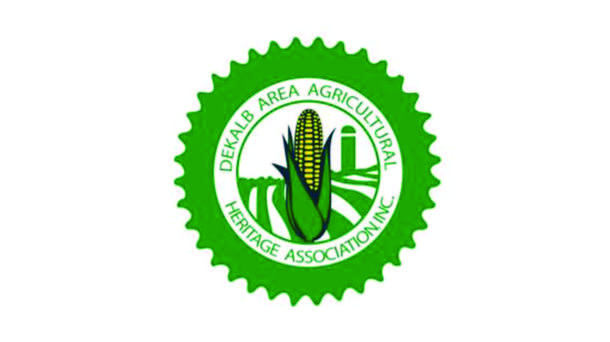The history of Dekalb
The Dekalb has proven close to seventy-five years of excellent laying hen performance. Today, the Dekalb chickens offers huge potential in this changing market. Along with our premium quality Dekalb White and Dekalb Brown laying hens, we aim to provide our expertise to egg producers for the benefit of excellent performance in any poultry housing system.
The Dekalb story is a classic example of American pioneering and entrepreneurial thinking.
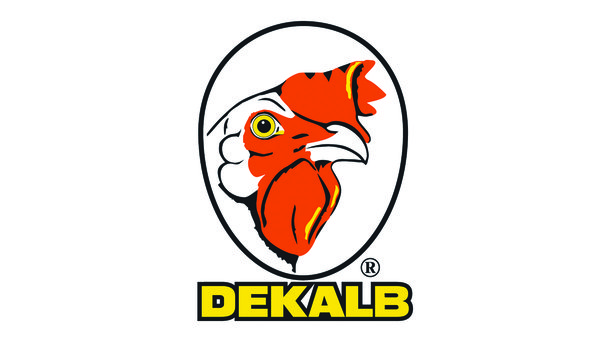
(1935) The agricultural industry was successfully hybridizing seed corn strains in the 1930s and 40s (Dekalb corn). The Dekalb Agricultural Association wanted to explore whether this technology could be applied to poultry. This was the beginning of a Dekalb success story.
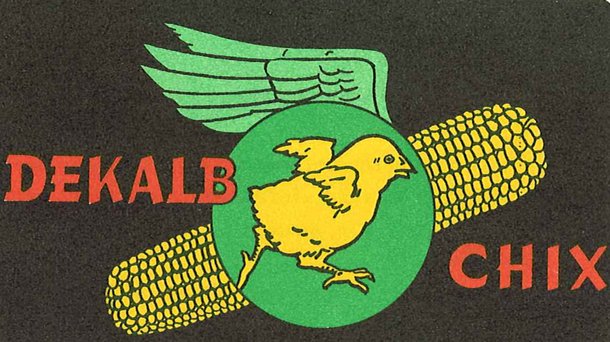
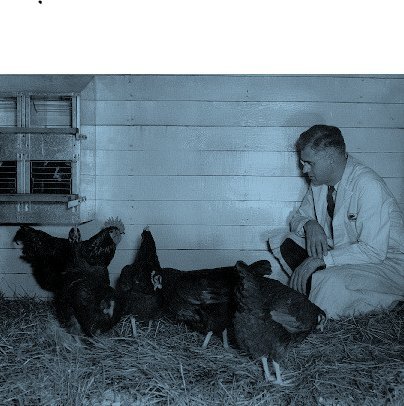
.
(1945) Dr. E. E. Schnetzler of Purdue was hired in as Dekalb’s director of poultry research. A poultry research farm was established with the goal of improving the performance of white egg layers. At this point, the average production per laying hen was about 150 eggs per year. Applying the hybridization techniques in poultry breeding gave a clear boost to the performance of laying hens. the Dekalb White egg layers gained quickly in popularity due to their outstanding egg laying performance.
(1971) After the purchase of the J.J. Warren company, Dekalb gained access to an excellent brown egg layer. The Warren chickens were well known as James Warren was the founder of the color sexing technique in brown egg layers. As a result of the purchase of the J.J. Warren company, the global distribution of Dekalb chickens improved quickly. In these days, the Dekalb white and Dekalb brown laying hens were distributed in over 25 countries.
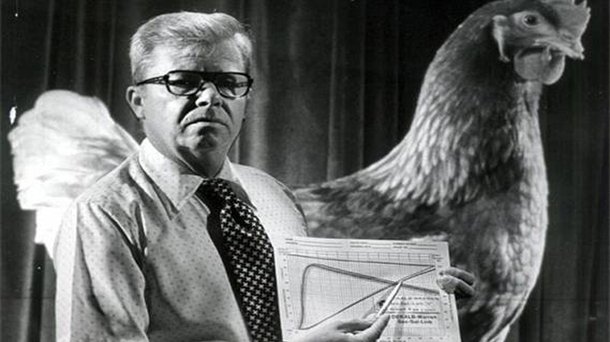
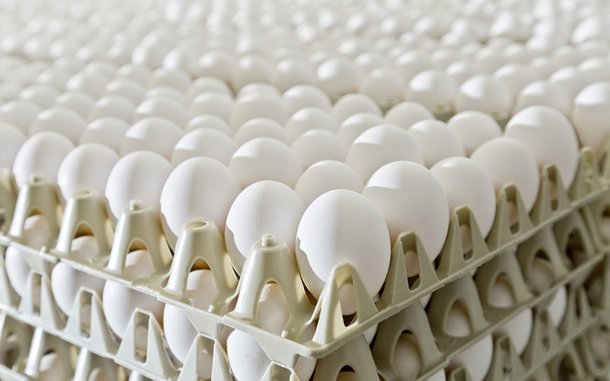
(2020) Today, the Dekalb laying hens continue to be a dominant force in major laying hen markets. The Dekalb chickens are globally recognized for their high number of saleable eggs per hen housed, their docile behavior, their outstanding livability and excellent egg quality. The genetic potential for the egg production per Dekalb White hen has now grown from 150 to over 500 eggs per laying cycle. Overall, when you think of Dekalb chickens, you think of Premium Quality!

Our company takes great pride in embracing the past to build the future.
DeKalb Area Agricultural Heritage Association, Inc. (DAAHA)
DAAHA Inc. is a dynamic organization dedicated to collecting, preserving, and sharing with people of all ages the storied history of agriculture and its innovators in northern Illinois.
